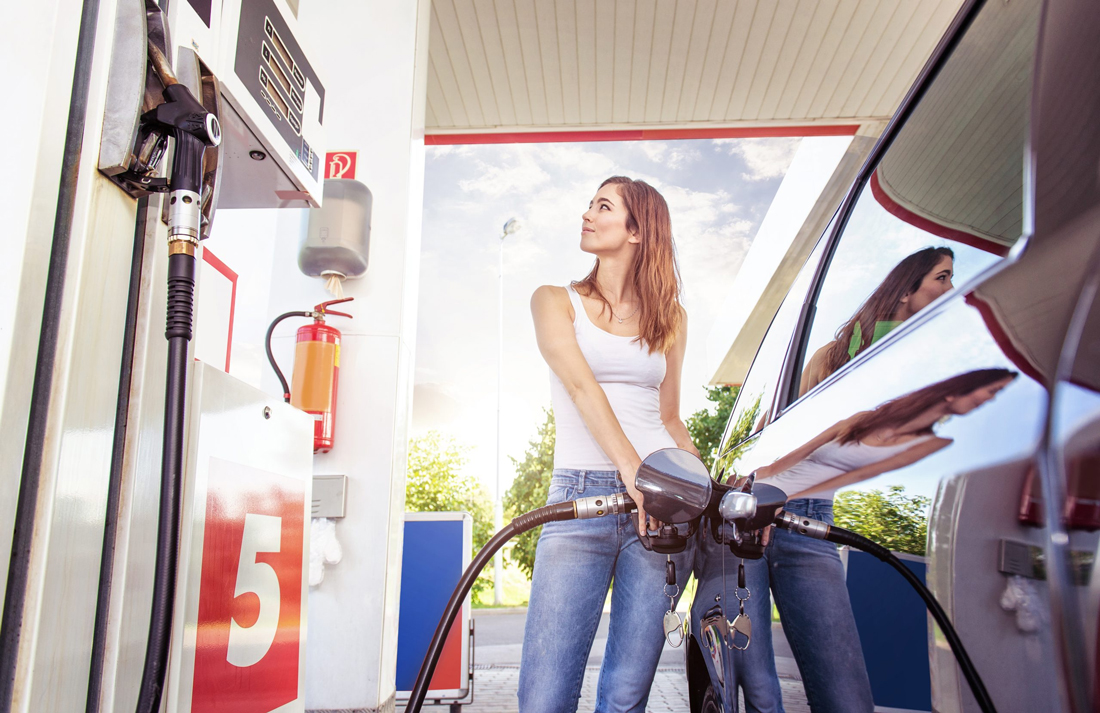
Hidden Cost of Low Gas Prices: More Accidents, Fatalities
In recent months, fuel costs have fallen dramatically across the country. In Nevada, low gas prices have helped nudge the economy upward, giving more residents extra money in their pockets and more motivation to take trips during the holidays. As suggested in a recent piece aired on NPR, however, cheaper gas may have a hidden cost – more traffic accidents and fatal crashes.
Why Are Gas Prices Decreasing?
The drop in gas prices is a result of an increase in domestic production. The average price of gas has decreased due to an oversupply of crude oil, which has created a buyers’ market for consumers. This means that drivers are able to purchase gasoline at much lower prices than before. With the extra money saved from low gas prices, many people are taking longer trips during their holidays.

Do Driving Habits Change Based on Gas Prices?
In the past, researchers across the world have noticed that when gas prices rise, traffic fatalities tend to decrease. Sociologists at South Dakota State University analyzing the relationship between gas prices and road fatalities in the United States have also noticed a strong relationship between lower prices and more deaths.
According to one study, a 20-cents per gallon decline in gas prices in Minnesota was associated with 15 more roadway deaths per year. Using this data, that means a $2 dollar drop in gas prices (which may or may not happen) would translate to an additional 9,000 deaths nationwide. For many safety experts and motorists, that’s a huge number of casualties.

How Do Changing Gas Prices Cause Accidents?
The largest factor behind the relationship between average cost and traffic crashes is that motorists tend to drive differently based on the price of gas:
- When gas prices are higher – drivers tend to drive less. They also tend to group their driving needs together into one trip. Instead of driving and returning home only to leave again, drivers will often try to complete their tasks at once before returning home. Higher gas prices also made some drivers accelerate slowly and maintain steady speeds in order to save on gas – which are behaviors associated with safer driving.
- When gas prices are lower – drivers are more inclined to drive more. Motorists may also be more inclined to take more trips, drive longer, and may not be concerned with the gas-saving driving behaviors that can actually make them safer drivers. When gas is cheap, there also tends to be more drivers on the road.
The relationship between gas prices and auto accident rates is raising questions about whether government agencies can impose taxes to make roadways safer. Still, low gas prices are good for the economy, and they make consumers happier.

Environmental Costs of Lower Gas Prices
Another hidden cost associated with low gas prices is the environmental impact of increased carbon emissions from more vehicles on the road. Burning fossil fuels for transportation is a leading contributor to greenhouse gas emissions that cause climate change. More driving, as a result of low gas prices, contributes to a rise in these emissions, which can have a devastating effect on the environment.
Cheap gas can be a double-edged sword. Lower gas prices are often associated with an increase in consumer spending – but if that money is being spent on activities that cause environmental harm, it could nullify any benefits from the lower prices.
To mitigate the impact of low gas prices on travel demand management, governments and transportation agencies must focus on promoting sustainable transportation modes such as walking, cycling, public transit, and carpooling.
Encouraging these modes of transportation can reduce the number of cars on the road, leading to decreased accidents and fatalities, as well as a reduction in carbon emissions. Investment in alternate fuels such as electric and hydrogen can further reduce the impact of low gas prices on transportation and promote a more sustainable future.
Ultimately, it’s up to drivers to decide how they will react to lower gas prices – responsibly or irresponsibly. With more people on the roads, accidents and fatalities are likely to increase. It’s important for drivers to be aware of the hidden costs of cheap gas, and make sure that their driving behavior is safe – both for themselves and other drivers.
Contact Our Car Accident Attorneys Today
No matter what the price of gasoline may be, motorists always face the risk of accidents when sharing public roadways with others, especially those who drive negligently or recklessly. If you have questions about your rights after a traffic accident, contact a Las Vegas car accident lawyer from Shook & Stone for a FREE case evaluation!
 Sunny
Sunny Las Vegas Authorities Prepare for New Year’s DUIs
Las Vegas Authorities Prepare for New Year’s DUIs 